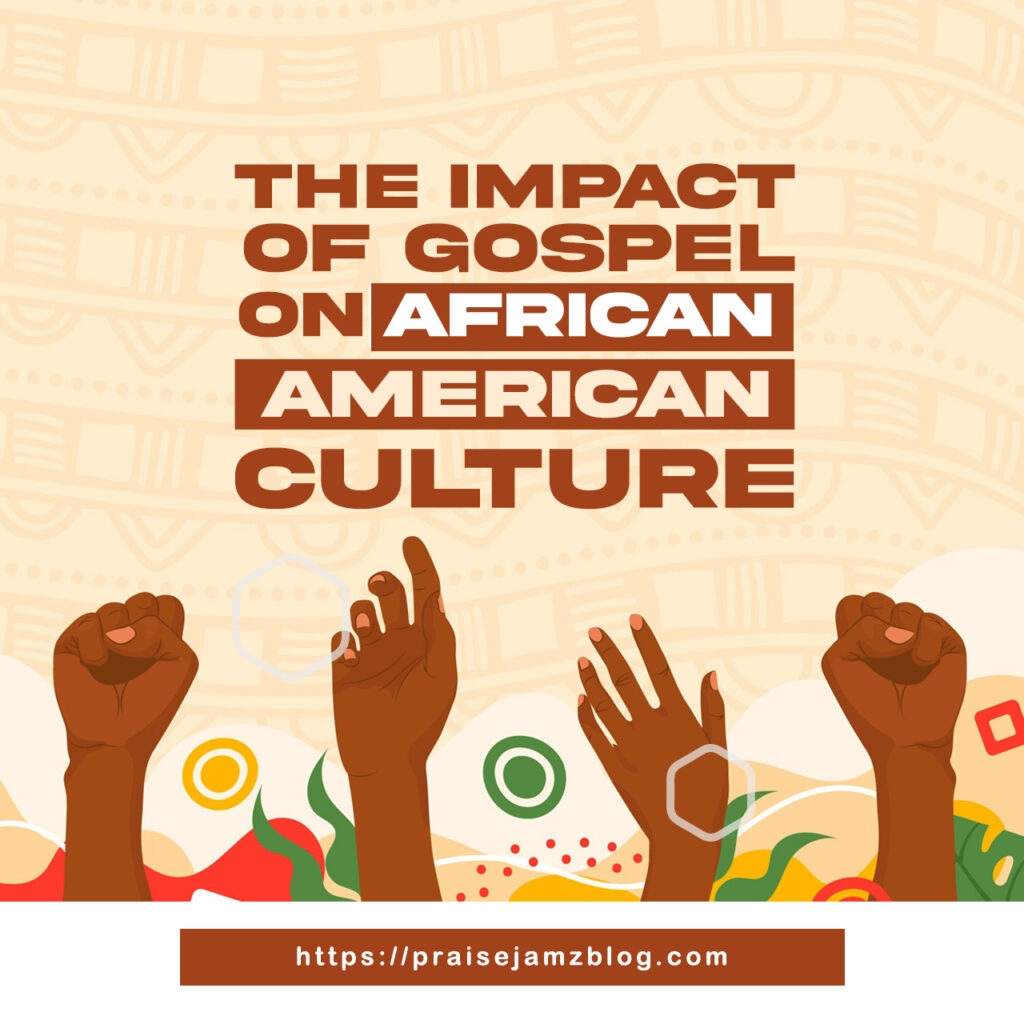
Gospel music has played an essential role in the African-American community for centuries. It has been a powerful tool for expressing their faith, hope, and struggles, and has been a vital part of their culture. Its impact was felt not only in the African-American music industry but also in society as a whole.
Gospel music has its roots in African-American churches, where African-American pastors and choir directors used music to preach the gospel and communicate with their congregations. By the late 1800s, it had evolved into a distinct genre of music, featuring distinctive rhythms, harmonies, and musical structures. Early gospel music was usually sung a cappella, with an emphasis on the lyrics and the message.
During the Civil Rights Movement, gospel music became a tool for expressing African-American demands for justice and equality. Songs such as “We Shall Overcome,” “Ain’t Gonna Let Nobody Turn Me Around,” and “Oh Freedom” became anthems of the movement. Gospel music provided a sense of community and hope, and its message of resilience and perseverance was a source of inspiration for Civil Rights activists.
In the 1950s and 60s, gospel music underwent a transformation, as gospel singers began to merge traditional gospel sounds with elements of R&B, soul, and rock and roll. Artists like Mahalia Jackson, Sam Cooke, and Aretha Franklin pioneered this new style of music, creating a sound that was both spiritual and commercial.
Gospel music’s impact on society was not limited to the African-American community. It’s emotional power and universal message resonated with people of all backgrounds, and gospel music began to feature prominently in mainstream media and popular culture. Gospel music had an impact on the music industry, and its influence can be seen in many genres of music, including blues, rock and roll, country, and hip-hop.
In the 21st century, gospel music continues to be a vital part of African-American culture. Gospel artists such as Kirk Franklin, Fred Hammond, and Yolanda Adams have gained popularity in mainstream culture, while traditional gospel music remains a staple of African-American churches. Gospel music remains a potent source of inspiration, hope, and encouragement for African-Americans and people worldwide.
In conclusion, gospel music has played an essential role in African-American culture, and its impact has been felt across the music industry and society as a whole. Its message of hope, resilience, and perseverance has been a source of inspiration for generations of African-Americans and has made it an indispensable part of African-American history and culture. Gospel music will continue to be a vital part of African-American culture, and as long as there are people who need hope and inspiration, gospel music will continue to play a crucial role.
Author: Elijah Joseph Omu of Praisejamzblog.




